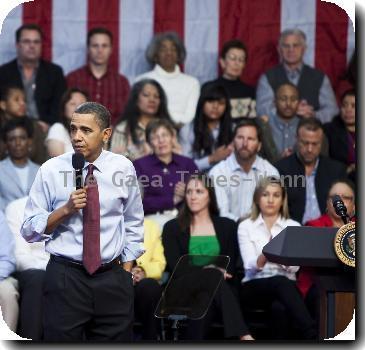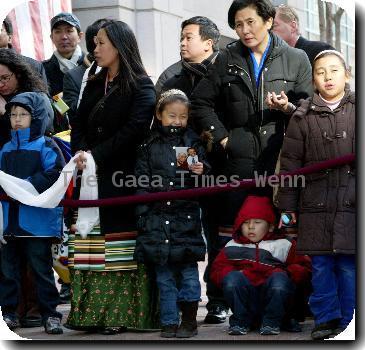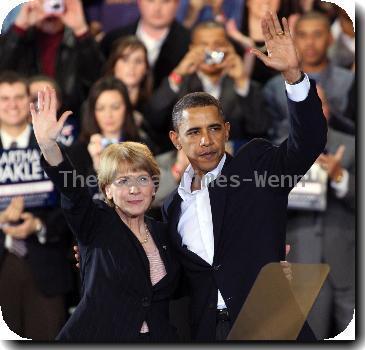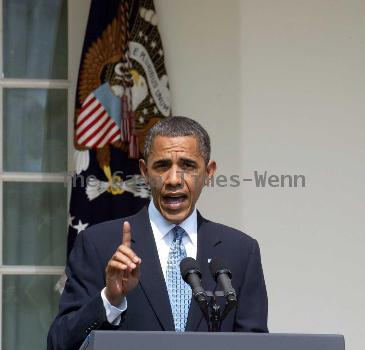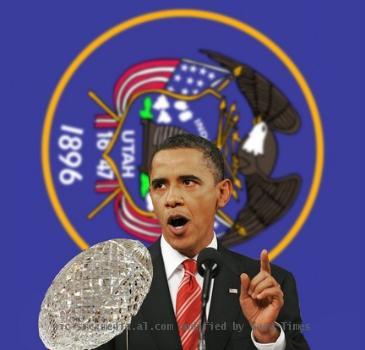Complexities of corruption case against former Ill. Gov. Rod Blagojevich may deadlock jurors
By Michael Tarm, APThursday, August 12, 2010
Complexities may deadlock Blagojevich jurors
CHICAGO — Jurors who have spent the last 11 days deliberating in the corruption trial of former Illinois Gov. Rod Blagojevich have been able to listen to more than 100 excerpts of wiretap tapes, look through any notes they took during testimony and refer to some 120 pages of jury instructions.
All of that, though, may not have been enough to prevent them from becoming deadlocked.
Judge James Zagel asked attorneys to come to court Thursday in hopes of getting clarity about a jurors’ note the day before hinting there’s disagreement about at least some counts. In response to the note — which didn’t say what charges jurors might be bogged down on — Zagel responded: “I am not sure the state of your deliberations and need clarification.”
The jurors will likely read the message Thursday and respond to the judge.
Wednesday’s jury note was the first in more than a week, and those who crowded into court to hear it read hoped it might shed light on just where jurors are in their deliberations. Instead, it seemed to prove what many legal observers have been saying for weeks — that jurors were certain to get stymied and stumped by the case’s quirks and complexities.
Any discord has apparently been civil, Zagel told the court, with no reports of shouting or screaming from the 25th floor jury room where the 12 jurors gather each weekday.
Jurors include a former postman, ex-Marines and a teacher — most of whom never would have dealt with such legal intricacies.
“They have to get their minds around stuff that makes no sense whatsoever,” said Phil Turner, a former federal prosecutor not connected to the Blagojevich case.
Part of the difficulty is that the alleged corruption was not as straightforward as someone walking into Blagojevich’s office and plopping bags of cash bribes on his desk.
Instead, the then-governor is heard on the FBI wiretaps — the core of the government’s case — talking, sometimes circuitously, about using gubernatorial decisions for personal gain.
On one tape, he asks an aide if it’s possible to stop state money from going to a children’s hospital. Prosecutors say the question amounted to a command to freeze the money until a hospital CEO coughed up a donation. The defense says it was merely a question.
That puts the onus on jurors to make nuanced judgments about what Blagojevich may have meant.
The thorniest of the counts against him is the first — racketeering.
To find him guilty of just that one charge, jurors have to run down a list of more than 20 illegal actions and decide whether he committed them. They range from attempting to trade an appointment to Barack Obama’s vacated Senate seat to trying to shake down a construction company executive.
Even Zagel marveled at the racketeering count’s array of sections and subsections, with one numbered 6(a) through 6(l).
“If I was a juror, I’d love to see this,” he said sarcastically, chuckling and shaking his head, during a hearing before deliberations began.
The first count amounts to a domino: A guilty verdict on racketeering could set off guilty verdicts on many of the 23 counts that follow, from bribery to attempted extortion.
Conversely, a not guilty verdict on racketeering could mean that prosecutors, many of whom spent years on the case, are in for a bad day.
Blagojevich, 53, has pleaded not guilty to all 24 counts.
Adding to the complexity is that Blagojevich’s brother, Robert Blagojevich is a co-defendant. The 54-year-old faces just four counts, and also pleaded not guilty.
Associated Press Writer Karen Hawkins contributed to this report.
Tags: Barack Obama, Bribery, Chicago, Extortion And Threats, Graft And Conflicts Of Interest, Illinois, North America, Racketeering, United States
